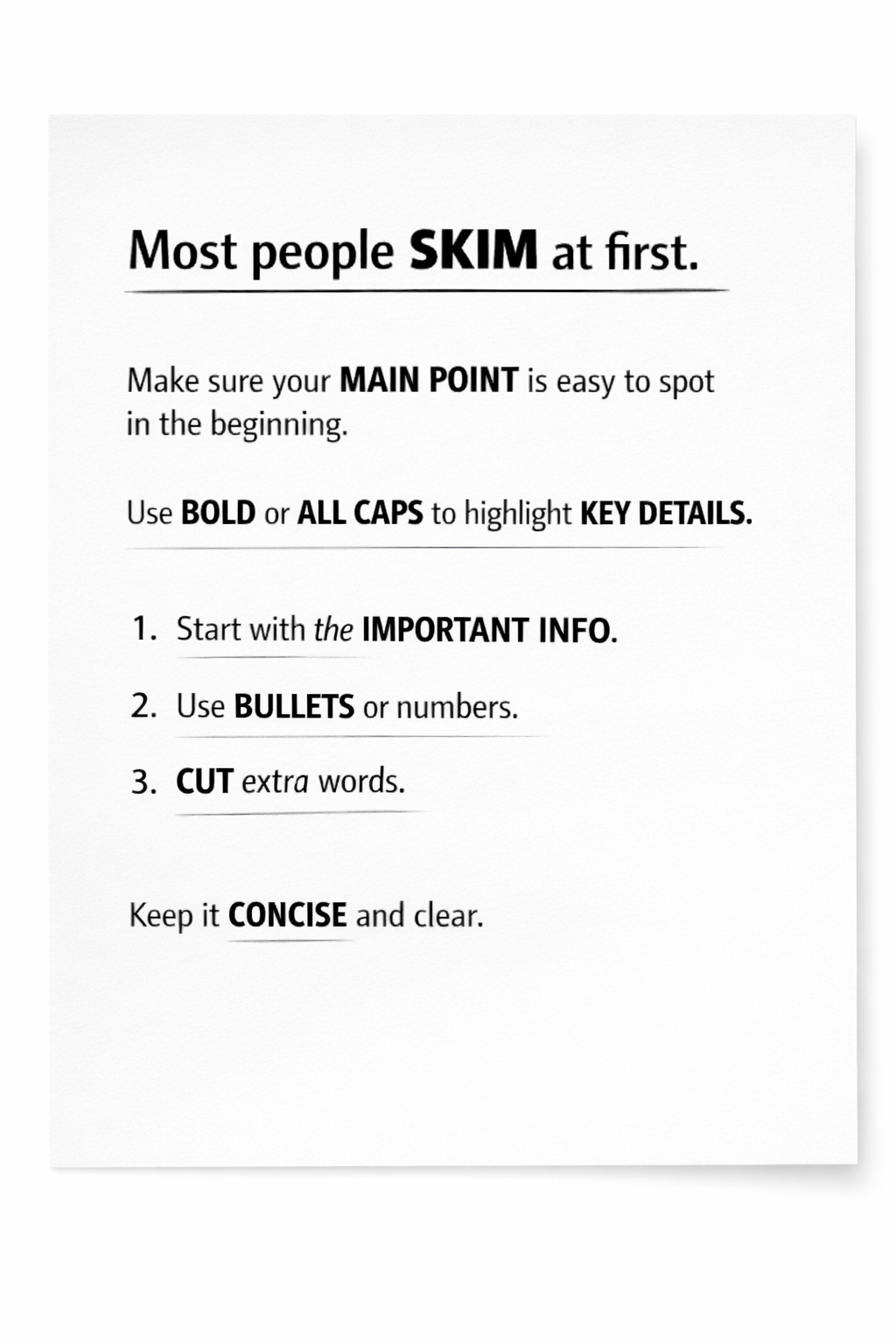Nib #92 “As You May Know…”
This week, a little trick for all the speechwriters out there working with dense, wonky policy minutiae (and bosses who love it).
Turning complex ideas and obscure data into compelling stories and arguments is very often what speechwriting is. That’s why even the most abstruse technocratic debates, when introduced to a general audience, can quickly devolve into blistering morality plays.
Sometimes, though, certain details are too essential to an argument to be dumbed down or moralized. They must be presented in all their dry, impenetrable specificity. The problem here is not just that obscure facts can be boring, but that using them risks alienating one’s audience — making the speaker seem pretentious, talking down to the less informed.
One way speechwriters skin this cat is with the phrase, “As you know…”, like this:
“As you may know, violent crime in the county fell by 22 percent over the last six months.”
Or:
“As many of you know firsthand, Ireland is America’s top pharmaceuticals trading partner.”
Prefacing information that the audience probably doesn’t know with the suggestion that they might can soften its reception. It invites the audience into the argument, making inclusive points that might otherwise be alienating.
Ronald Reagan used it:
"And as you may know, I approved raising the ceiling so they can buy an additional 10 million metric tons in the next year.”
So did John F. Kennedy:
"As you may know, there is currently a dispute over whether the Administration should spend the additional defense funds voted by the last Congress.”
And Franklin Roosevelt:
“[A]s you know, we have put 300,000 young men into practical and useful work in our forests and to prevent flood and soil erosion.”
Of course, “As you know” does not give a speechwriter license to lard up rhetoric with unnecessary wonkery. It’s just a little sugar you can sprinkle on necessary details every once in a while to help them go down easier.
Until next week… keep writing!











